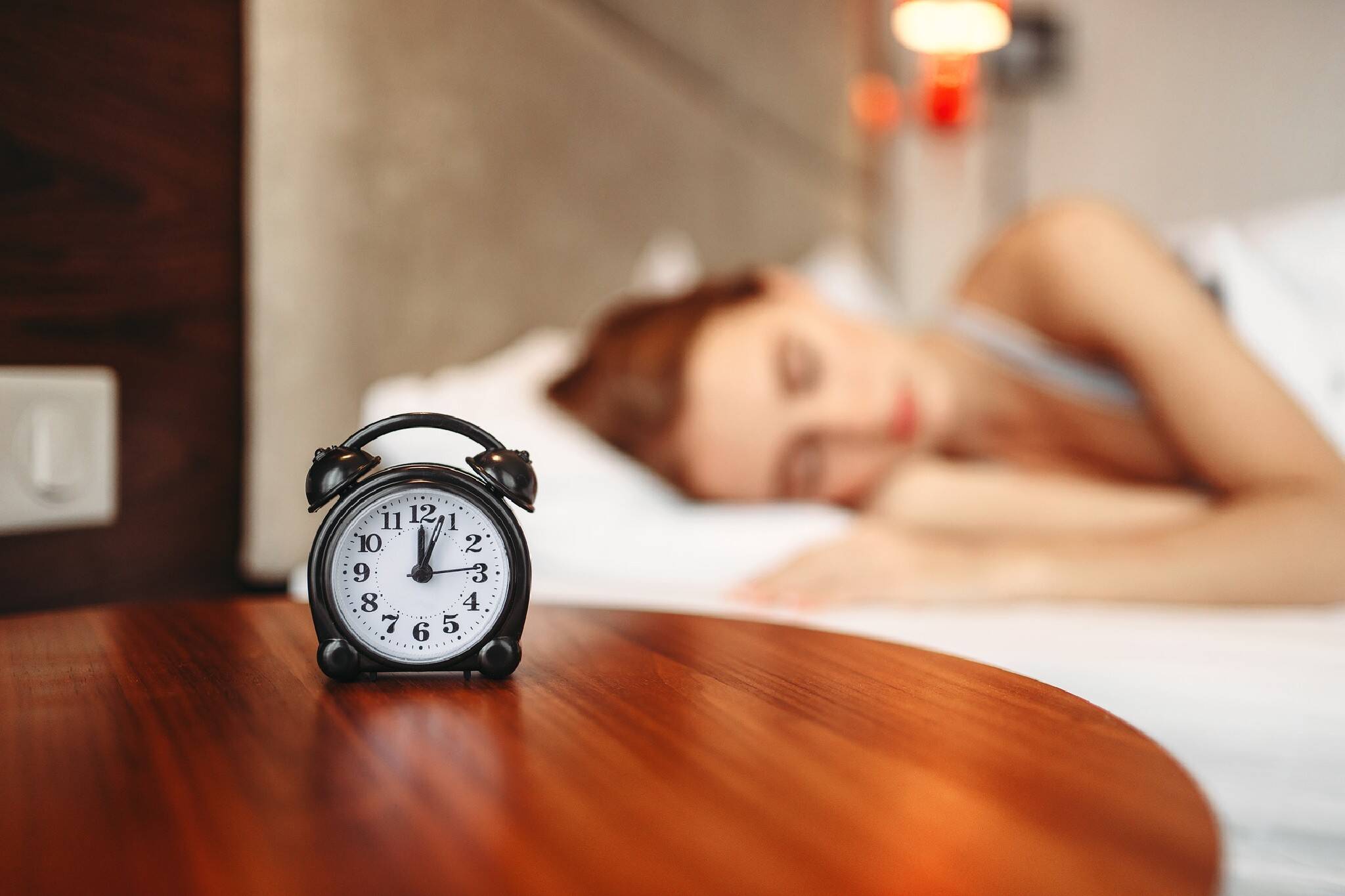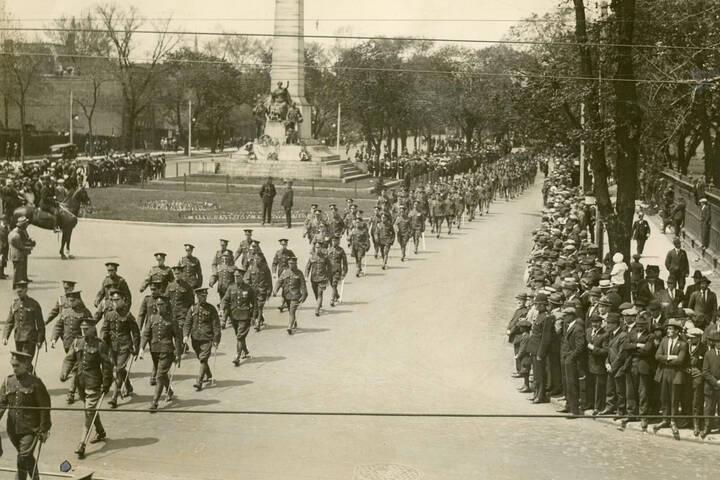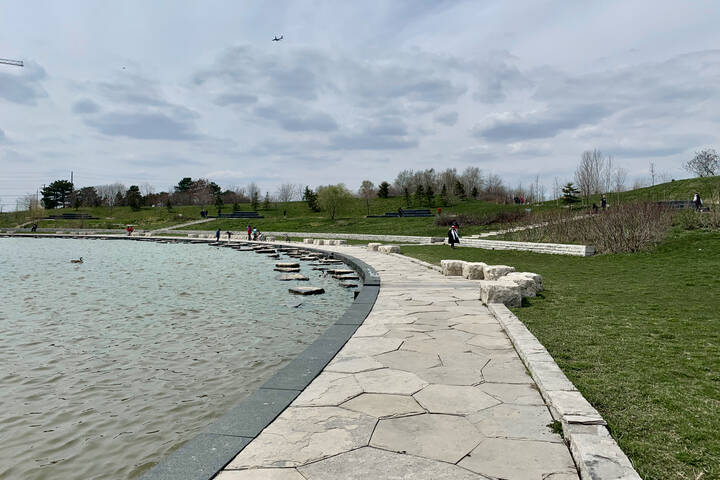
Toronto Hydro says people have been sleeping in more during the pandemic
It seems Toronto residents have been setting their alarm clocks a little later than usual since the pandemic began, according to Toronto Hydro.
Electricity data shows that residents are using appliances later in the morning than before the outbreak began, meaning many are treating themselves to some extra beauty sleep amid self-isolation.
"We're generally seeing electricity consumption peak later in the morning, with a gradual increase towards a less pronounced peak," said Toronto Hydro spokesperson Russell Baker on Wednesday.
No commuting to Toronto...sleep in!
— Alex Carter (@alex_acarter14) April 17, 2020
He also said they're seeing energy consumption spread out more in the evenings, compared to what would have previously been a peak after work.
In addition, Baker said Toronto Hydro has seen a reduction in overall power consumption in the city compared to last year, though they're unable to draw any specific conclusions about this reduction as several factors, including temperature, affect consumption levels.
Other cities outside Canada are also seeing similar trends.
According to the Washington Post, electricity demand in New York City between 7 a.m. and 8 a.m. is running 18 per cent lower than on a typical spring morning.
And in Germany, according to Fortune, electricity demand now begins to pick up between 8 a.m. and 9 a.m. compared to between 6 a.m. and 8 a.m. before the pandemic began.
Latest Videos
Latest Videos
Join the conversation Load comments







